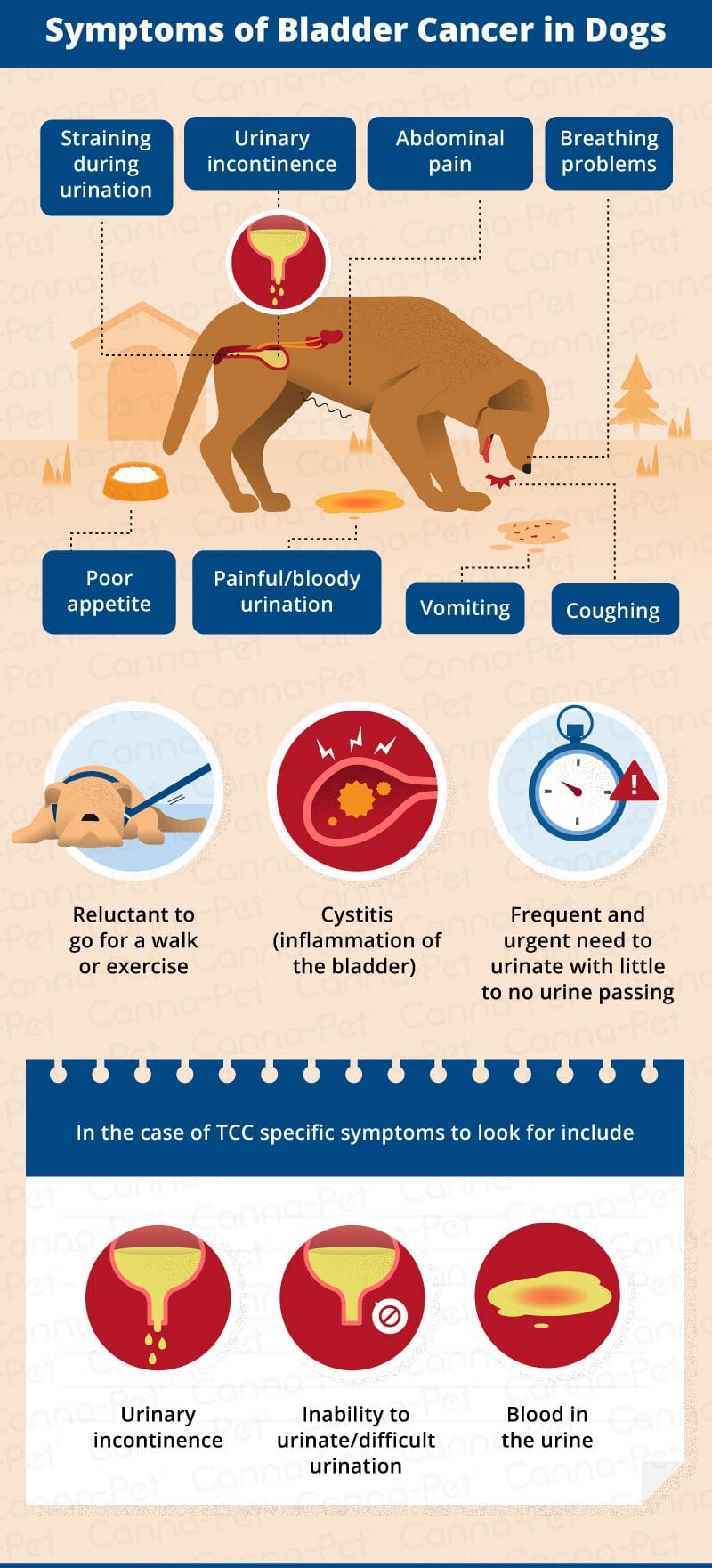Dealing with a bladder infection can be a distressing experience for any dog owner. While more common in female dogs, any canine can unfortunately suffer from this uncomfortable condition. Recognizing the signs and understanding the potential causes is crucial for prompt and effective treatment. If you notice your dog exhibiting unusual behavior related to urination, it’s essential to seek veterinary advice to ensure their well-being and prevent potential complications. This information can help you identify potential issues and understand when it’s time to consult a professional.
Understanding the Causes of Bladder Infections in Dogs
Bladder infections in dogs, also known as urinary tract infections (UTIs), can stem from a variety of factors. These infections are often caused by the presence of bacteria ascending the urethra into the bladder. However, other underlying issues can also contribute to or mimic the symptoms of a UTI. These can include:
- Crystals: The formation of urinary crystals can irritate the bladder lining and create an environment where bacteria can thrive.
- Bacteria: While bacteria are a common culprit, their entry into the urinary tract needs to be considered.
- Underlying Health Conditions: Diseases like diabetes can alter the body’s chemistry, making dogs more susceptible to infections. Other conditions affecting the urinary system can also play a role.
- Medications: Certain medications can have side effects that impact bladder function or increase the risk of infection.
It is important to remember that a veterinarian can accurately diagnose the specific cause of a suspected bladder infection through various diagnostic tests.
Recognizing the Symptoms of a Bladder Infection
The most telling signs of a bladder infection in dogs involve changes in their urination habits and discomfort. Keep a close eye on your dog for any of the following symptoms:
- Pain or Difficulty Urinating: You might notice your dog straining to urinate, whimpering, or seeming uncomfortable during the process.
- Increased Frequency of Urination: Your dog may need to go outside more often than usual, often passing only small amounts of urine each time.
- Blood in Urine: You might see visible blood in your dog’s urine, or the urine may appear darker or tinged with red.
- Changes in Urine Appearance: Urine can become cloudy or develop a strong, unpleasant odor.
- Urinating Small Amounts Frequently: This is a classic sign that your dog is experiencing discomfort and urgency.
- Accidents Inside the Home: A previously housetrained dog suddenly having accidents indoors can indicate a urinary issue.
- Licking the Genital Area: Excessive licking of the vulva or penis can be a sign of irritation or infection.
- Fever and Lethargy: In more severe cases, your dog may develop a fever and show a lack of energy or interest in activities.
- Increased Thirst: While not always present, some dogs may drink more water.
If your pup is displaying any of these symptoms, it is crucial to schedule an examination with your veterinarian promptly. Urinary tract infections are not only uncomfortable but can also be quite painful for your dog. Signs that your dog has a uti often warrant immediate attention.
Can a Dog’s Bladder Infection Resolve on Its Own?
While in some rare instances, urinary tract infections in humans might clear up without medical intervention, this is highly unlikely for dogs. Our canine companions cannot communicate their discomfort directly, making it essential to have any concerning symptoms thoroughly evaluated by a vet. Delaying veterinary care can allow the infection to become more severe, potentially leading to more serious complications such as kidney infections. Furthermore, the symptoms you observe might be indicative of a more serious underlying health problem that requires specific treatment. When it comes to your pet’s health, it is always best to be cautious and seek professional guidance. Understanding signs of a water infection in a dog is the first step.
Treatment Options for Bladder Infections in Dogs
The cornerstone of treating bladder infections in dogs is typically a course of antibiotics prescribed by your veterinarian. These medications work to eliminate the bacterial infection. Depending on the severity of the infection and any underlying causes identified, your vet may also recommend anti-inflammatory medications or pain relievers to manage discomfort and reduce inflammation. It is vital to complete the entire course of antibiotics as prescribed, even if your dog’s symptoms improve quickly, to ensure the infection is fully eradicated and to prevent recurrence. For puppies, specific considerations for signs of a bladder infection in a puppy are also important for effective treatment.
Note: The advice provided in this article is intended for informational purposes only and does not constitute medical advice regarding pets. For an accurate diagnosis and treatment plan for your pet’s condition, please make an appointment with your veterinarian.
If your dog is showing any signs of a bladder infection, it’s time to visit the vet. Contact our Cordova vets at Germantown Parkway Animal Hospital today to book an examination for your beloved four-legged friend. Addressing these issues promptly can help your dog return to their happy and healthy self. Recognizing signs of separation anxiety in dogs at night is also important for overall canine well-being, but for urinary issues, professional veterinary care is paramount.

